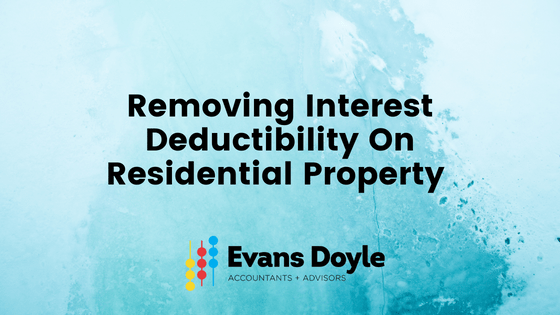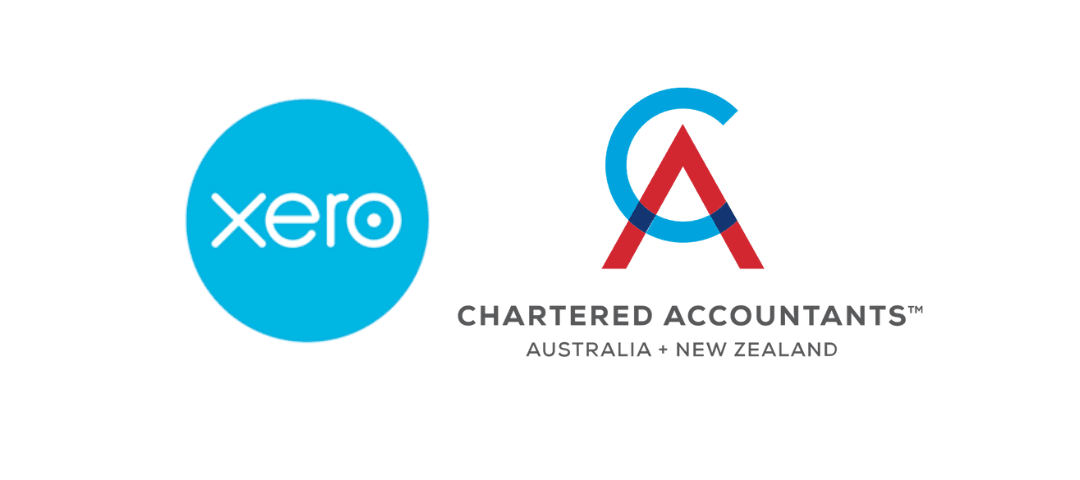In March 2021, the government announced the removal of interest deductibility on residential rental properties. For properties acquired before 27 March 2021, the removal of the interest deduction is being phased in over the next five years, as outlined below.
| Date interest incurred | Percentage of the interest that can be claimed |
| 1 April 2020 to 31 March 2021 | 100% |
| 1 April 2021 to 30 September 2021 | 100% |
| 1 October 2021 to 31 March 2022 | 75% |
| 1 April 2022 to 31 March 2023 | 75% |
| 1 April 2023 to 31 March 2024 | 50% |
| 1 April 2024 to 31 March 2025 | 25% |
| 1 April 2025 onwards | 0% |
The effects in the 2022 year from phase 1 (removing 25% of the deduction for six months) are already noticeable, with some taxpayers paying tax on rental income for the first time. The amount of tax to pay will only increase in the next three years because fewer interest deductions are claimable.
Compound this with rising interest rates; we believe some clients will be in for a real surprise.
This article aims to consider how these tax changes and rising interest rates will affect your investment and consider options available now to address these.
The table below shows a typical example of a residential property investor. They have likely purchased a property with 100% debt in the past (which would have previously been very tax efficient to ensure maximum interest deductibility). For example, we've used an $800k property returning $600 per week in rent and an $800k mortgage. In the 2021 and 2022 financial years, the interest on the loan has been 2.75% pa. From 2023 onwards, they are refixing at 6.5% (ANZ floating interest rate today). For simplicity of this example, we've used interest only rather than principal mortgage repayments too.
In 2021, the property was breaking even. In 2022, with the introduction of the removal of interest deductibility, the property made a $2,710 profit for the first time. The owner has $894 of tax to pay. They still have to pay interest to the bank on their mortgage even though the total amount of interest paid cannot be claimed as an expense for tax purposes. Therefore, they have a negative cash flow of $934.
Next year, the combination of interest rates increasing from 2.75% to 6.5% along with the gradual removal of interest deductibility have a significant effect on the owner's cash flow. They will need to find an additional $30k to fund their rental property's mortgage repayments and increase to > $37k in 2026 when no interest is deductible.
Finding another $37k in an ordinary family budget will be extremely difficult and likely create significant headaches.
If you can see this situation applying to you, please contact us to discuss what you can do now to prepare. Keep an eye out for our next article, which will outline some options to consider now.
Contact Us
Contact Tim Doyle or Jane Evans today to discuss the impact of removing interest deductibility (or any other matter) on 07 823 4980 or email us. Our office is in Cambridge, NZ, but distance is no problem. We have many international and national clients.
This material has been prepared for informational purposes only, and is not intended to provide, and should not be relied on for, tax, legal or accounting advice. You should consult your own tax, legal and accounting advisors before engaging in any transaction.





